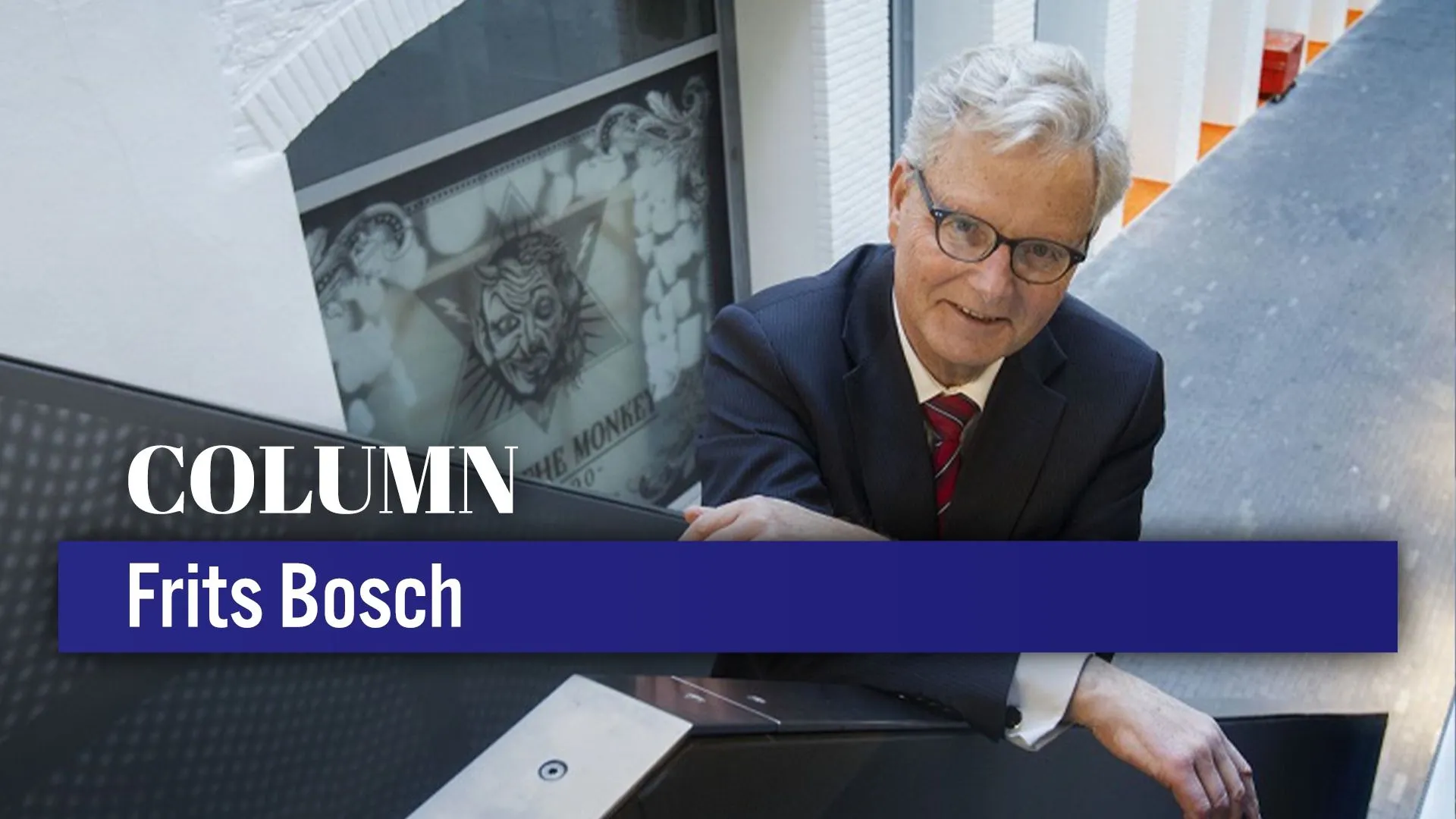De oplossing is het probleem
Het kabinet Rutte-Ascher zit er niet voor de Nederlandse spaarder, de Nederlandse belastingbetaler of het Nederlandse bedrijfsleven. Het zit daar voor iets anders. Het voert uit wat hen opgedragen wordt, zo lijkt het wel.
Door JP Morgan bijvoorbeeld in een intern rapport van 28 mei 2013:
"A crucial question is what will prompt Germany to greater risk/burden sharing at the regional level. In our view, there are two ways this could happen: first, when significant progress has been achieved in the national adjustments; or second, if there is an irresistible build-up of political and social pressure around the periphery."
En met 'national adjustments' bedoelt JP Morgan:
"The political systems in the periphery were established in the aftermath of dictatorship, and were defined by that experience. Constitutions tend to show a strong socialist influence, reflecting the political strength that left wing parties gained after the defeat of fascism. Political systems around the periphery typically display several of the following features: weak executives; weak central states relative toregions; constitutional protection of labor rights; consensus building systems which foster political clientalism; and the right to protest if unwelcome changes are made to the political status quo. The shortcomings of this political legacy have been revealed by the crisis. Countries around the periphery have only been partially successful in producing fiscal and economic reform agendas, with governments constrained by constitutions (Portugal), powerful regions (Spain), and the rise of populist parties (Italy and Greece).There is a growing recognition of the extent of this problem, both in the core and inthe periphery. Change is beginning to take place. Spain took steps to address some of the contradictions of the post-Franco settlement with last years legislation enablingcloser fiscal oversight of the regions."
Het probleem is dus niet dat er een Eurocrisis is. Nee, het probleem is:
-1- nationale grondwetten die bestand zijn tegen dictaturen of dictaten van buitenaf
-2- de macht van regio's ten opzichte van het centrale bestuur in sommige landen en
-3- populisten (dat wil zeggen: mensen die nogal gehecht zijn aan hun eigen mening en eigendommen) Als je dat als probleemstelling lanceert en niet als na te streven ambities, dan hoort u bij de Euro-redders.
Voor u is de Euro dan het breekijzer om:
-1- nationale grondwetten stuk te maken, zodat ze open staan voor dictaten van buitenaf en immuun worden voor democratie van binnenuit.
-2- de macht te centraliseren
-3- de mening en het eigendom van mensen te marginaliseren, ten behoeve van de centrale macht welke dit toeeigent.
De Nederlandse spaarder, belastingbetaler of bedrijfsleven komt is dit hele verhaal niet voor, maar delft wel het onderspit. Maar ook Europese waarden als democratie, vrede en een mozaïek van verschillende volkeren worden helemaal genegeerd of juist als het voornaamste probleem van Europa gezien.
De vraag voor JP Morgan is vervolgens niet OF Duitsland met het delen van schulden en risicos accoord gaat, maar om welke reden:
A: De periferie laat haar democratie los, zodat Duitsland vertrouwen in de periferie krijgt en Eurobonds toestaat of
B: De periferie komt in opstand, zodat Duitsland bang wordt voor de gevolgen en Eurobonds toestaat.
Dat laatste kan ook een beetje wensdenken van JP Morgan zijn, want zij zijn er bij gebaat dat de Duitse (en Nederlandse) belastingbetaler uiteindelijk de rekening betalen, vanwege JP Morgans derivatenhandel.
Het schrikbarende blijft, dat er wel overduidelijk naar JP Morgan geluisterd wordt als u naar de daden van dit kabinet kijkt. Dit kabinet volgt in al haar daden het belang en de agenda van derivatenhandelaren zoals JP Morgan en Goldman Sachs met hun anti-democratische, roekeloze en mensonterende visie op de wereld.
De agenda en de toekomst van de Nederlandse spaarder, belastingbetaler of het Nederlandse bedrijfsleven is van generlei betekenis voor dit kabinet. De deal is: lever uw Nederlandse geld en uw Nederlandse stem in, in ruil voor een dictatuur in Vak Zuid OF Lever uw Nederlandse geld en uw Nederlandse stem in, omdat de mensen in Vak Zuid geen dictatuur willen en in opstand komen.
Want dat u in opstand komt, dat gaat niet gebeuren is de inschatting. Hoe dan ook: Wij zijn al een hoop geld en een groot deel van onze democratie kwijtgeraakt in het reddingsproces van de Euro en we zijn nog niet eens halverwege. Dat komt, omdat niemand ons, de Nederlandse mensen als belangwekkend of opstandig beschouwd. Ook ons kabinet of parlement niet.
We zullen ons dus meer moeten laten horen, om die belangwekkendheid en opstandigheid van onszelf te verduidelijken, want vertrouwen in de huidige politiek daalt naar een dieptepunt als het enkel blijft luisteren naar gevaarlijke rapporten zoals die van JPMorgan.


